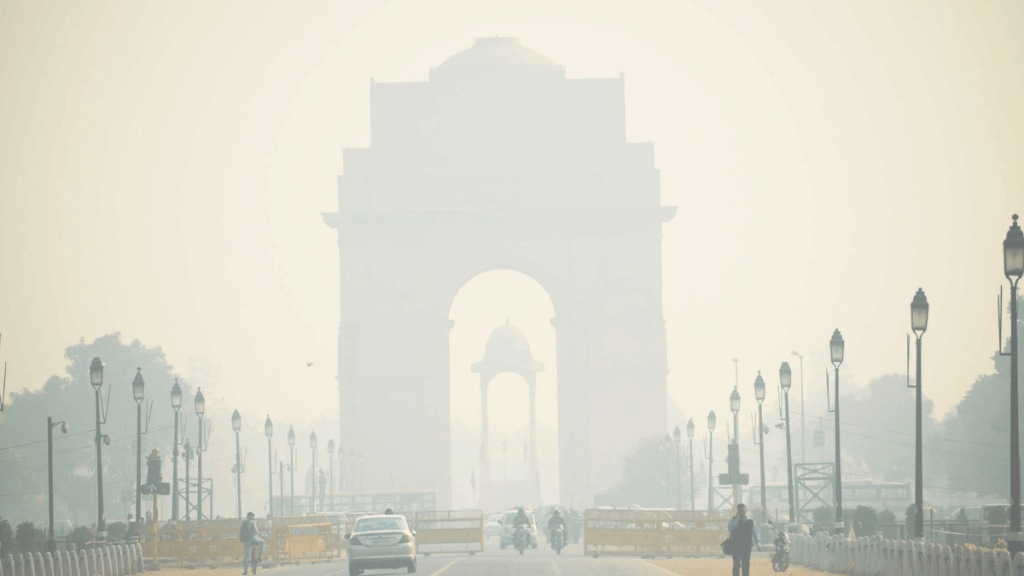Pollution season has begun in the north. What can be done beyond wearing masks and using air purifiers? Dr Rajesh Chawla, senior consultant, respiratory and critical care, Indraprastha Apollo Hospitals, says: “Staying indoors during high pollution days is crucial, as is keeping windows closed to prevent outdoor air from entering. Using plants that naturally filter air, such as spider plants or peace lilies, can help improve indoor air quality. Limiting outdoor activities, especially strenuous exercises, during peak pollution hours is advisable. Advocating for cleaner transportation options, such as biking or public transit, can reduce personal carbon footprints and contribute to broader environmental improvements. Additionally, participating in community clean-up events fosters awareness and collective action against pollution sources. Lastly, educating oneself and others about pollution’s impact can lead to informed choices and advocacy for policies aimed at reducing emissions and enhancing air quality.
Does diet help in any way?
Diet can play a significant role in mitigating the effects of pollution on health. Consuming a diet rich in antioxidants, such as fruits and vegetables, can help combat oxidative stress caused by pollutants. Foods high in omega-3 fatty acids, like salmon and walnuts, are known to support cardiovascular health and
may counteract some adverse effects of air pollution. Incorporating whole grains and fibre-rich foods can enhance gut health, which is increasingly linked to overall well-being and immune function. Additionally, staying hydrated helps the body flush out toxins more effectively. Some studies suggest that specific nutrients, like vitamins C and E, may protect against respiratory illnesses exacerbated by polluted air.
What are the serious effects of pollution one should be careful about?
Exposure to air pollution is primarily linked to respiratory diseases, such as asthma and chronic obstructive pulmonary disease (COPD), which can significantly impair lung function. Additionally, pollutants like particulate matter (PM2.5) are associated with an increased risk of cardiovascular diseases, including heart attacks and strokes. Long-term exposure has also been linked to various forms of cancer, particularly lung cancer.
Vulnerable populations such as children, the elderly, and those with pre-existing health conditions are at heightened risk for severe outcomes from air pollution exposure. Furthermore, pollutants can adversely affect mental health and cognitive function, leading to increased rates of anxiety and depression.
When to seek medical attention?
Individuals should seek medical attention if they experience symptoms that may indicate serious health issues related to pollution exposure. These symptoms include persistent coughing, wheezing, or shortness of breath that worsens over time. Individuals with existing respiratory or cardiovascular conditions should be particularly vigilant; any exacerbation of these conditions warrants immediate consultation with a healthcare provider. Other concerning signs include chest pain, frequent headaches, or unusual fatigue that does not resolve with rest. If symptoms persist despite avoiding polluted environments or using prescribed medications, it is crucial to seek medical evaluation for potential underlying issues related to air quality exposure.







